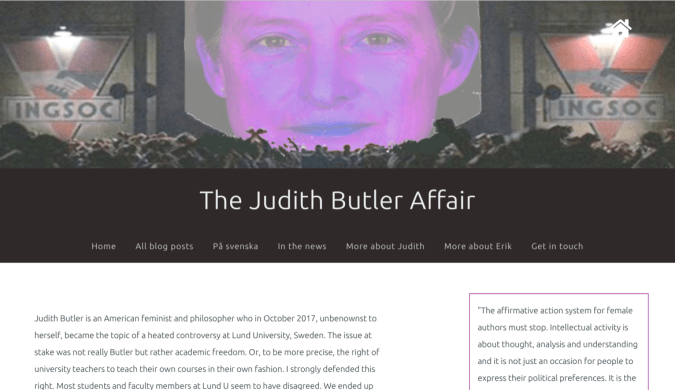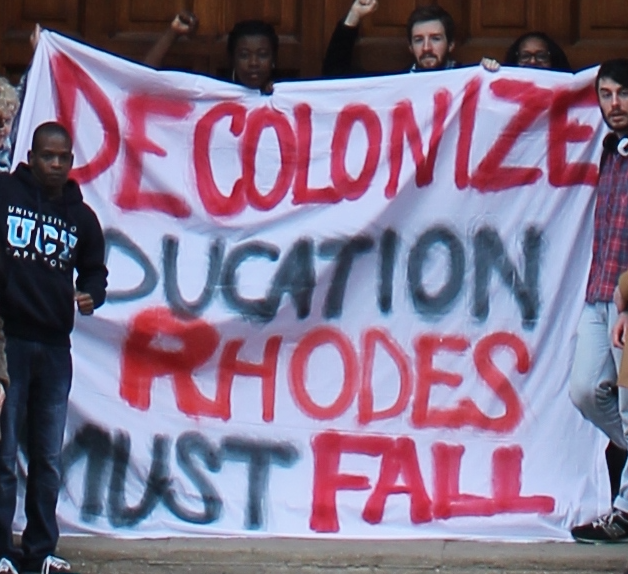This is a guest post by Maïa Pal and Doerthe Rosenow, Senior Lecturers in International Relations, Department of Social Sciences at Oxford Brookes University. Maïa is working on a co-edited volume for Routledge on The Extraterritoriality of Law: History, Theory, Politics and on a monograph for Cambridge University Press on Jurisdictional Accumulation: An Early Modern History of Law, Empires, and Capital. She is also an editor for the journal Historical Materialism: Research in Critical Marxist Theory. Doerthe has recently published the book Un-making Environmental Activism: Beyond Modern/Colonial Binaries in the GMO Controversy and a series of articles about critique and its limits.
- Maïa Pal
- Doerthe Rosenow
On 22 February 2018, Dr Meera Sabaratnam, Lecturer in Politics and International Studies at SOAS appeared on the BBC Radio4 Today programme [2.53 onwards] to discuss ‘What is decolonisation?’ and what it means to ‘decolonise the curriculum’. She faced David Aaronovitch, columnist at the Times, who complained about the problem with the word ‘decolonise’, stating it was ‘not the job of university studies to decolonise or recolonise’. Instead, he suggested, universities should ‘think critically’ and not look ‘like a political project’ that imposes a particular view on students. In other words, Aaronovitch claims that a university education should – and can – consist in a neutral, open, apolitical transfer of knowledge from the teacher to the student, and definitely not the other way round. He is shocked at ‘this business of’ students participating in the elaboration of curricula – no pun apparently intended, but Aaronovitch is obviously a natural. His sentiment is amplified by the current 9K fee system because if students are paying so much, they should expect to get a service delivered exclusively by teachers.
The underlying scandal here is that Aaronovitch is actually complaining about teachers whom he thinks are asking students to do their jobs for them – in spite of Sabaratnam reminding him in her introduction that most of university teachers and other professional staff are currently on strike to defend their pensions from being made dependent on the fluctuations of the stock market, which could result in a 25% pay cut. So behind a poorly constructed and intentionally naïve critique of decolonial education as a political project (which surely Aaronovitch himself does not believe in, since he must be well versed in debates about the objectivity and/or neutrality of epistemology stretching back to ancient philosophies, Western and non-Western) is the old conservative refrain of counter-establishment or radical projects being the product of lazy lefties, in this case teachers skiving by getting students to write their syllabi. Continue reading










